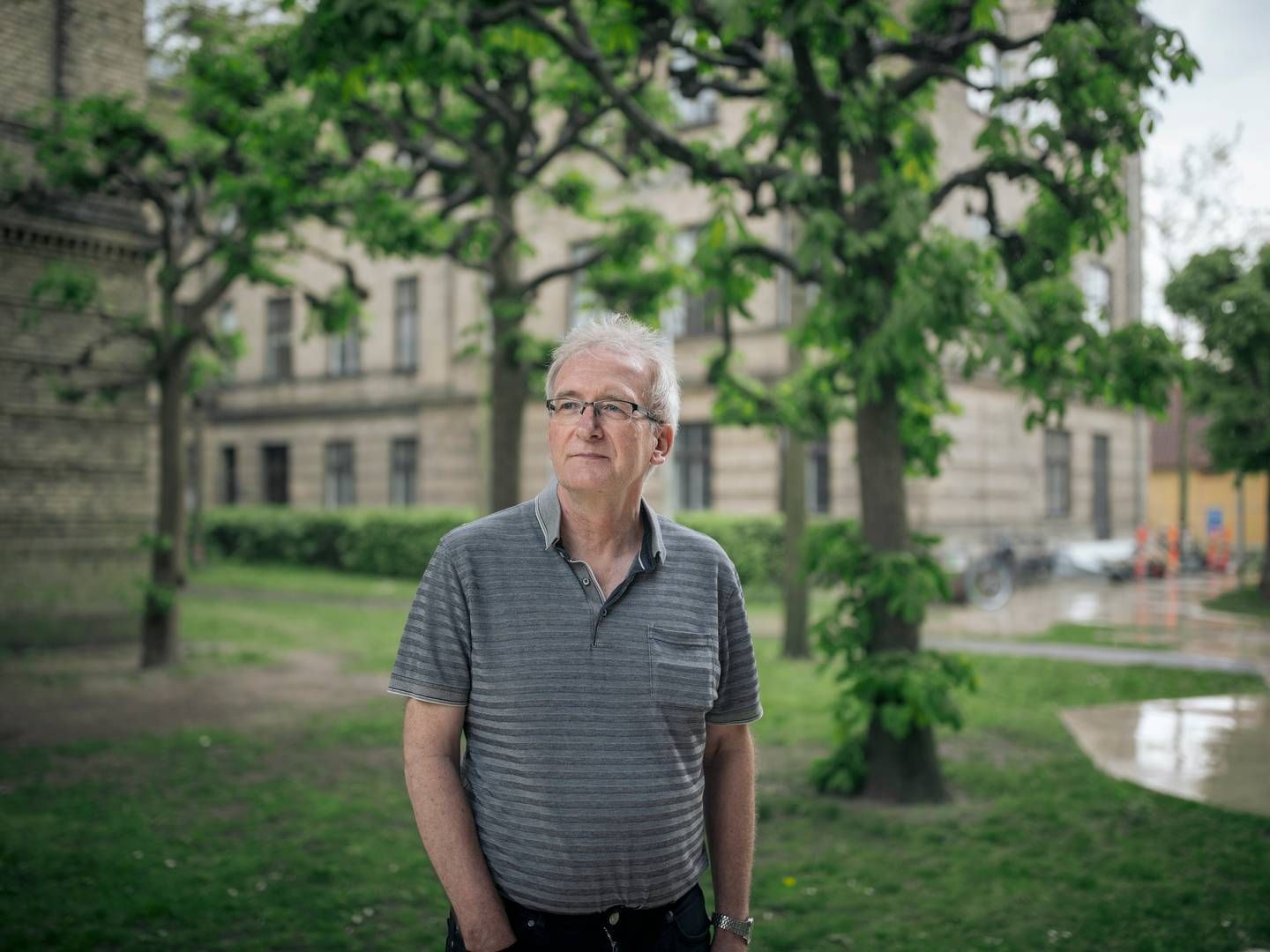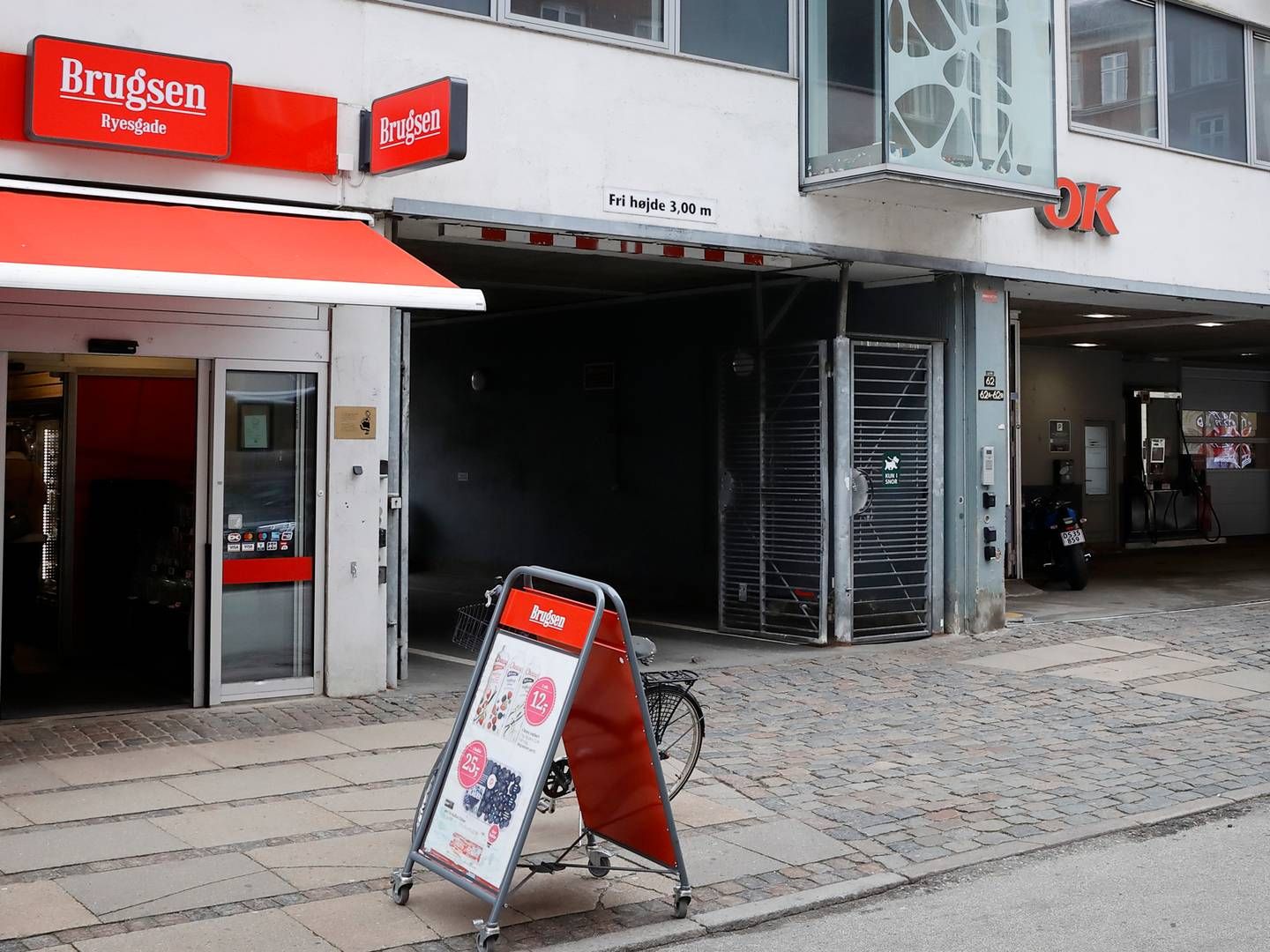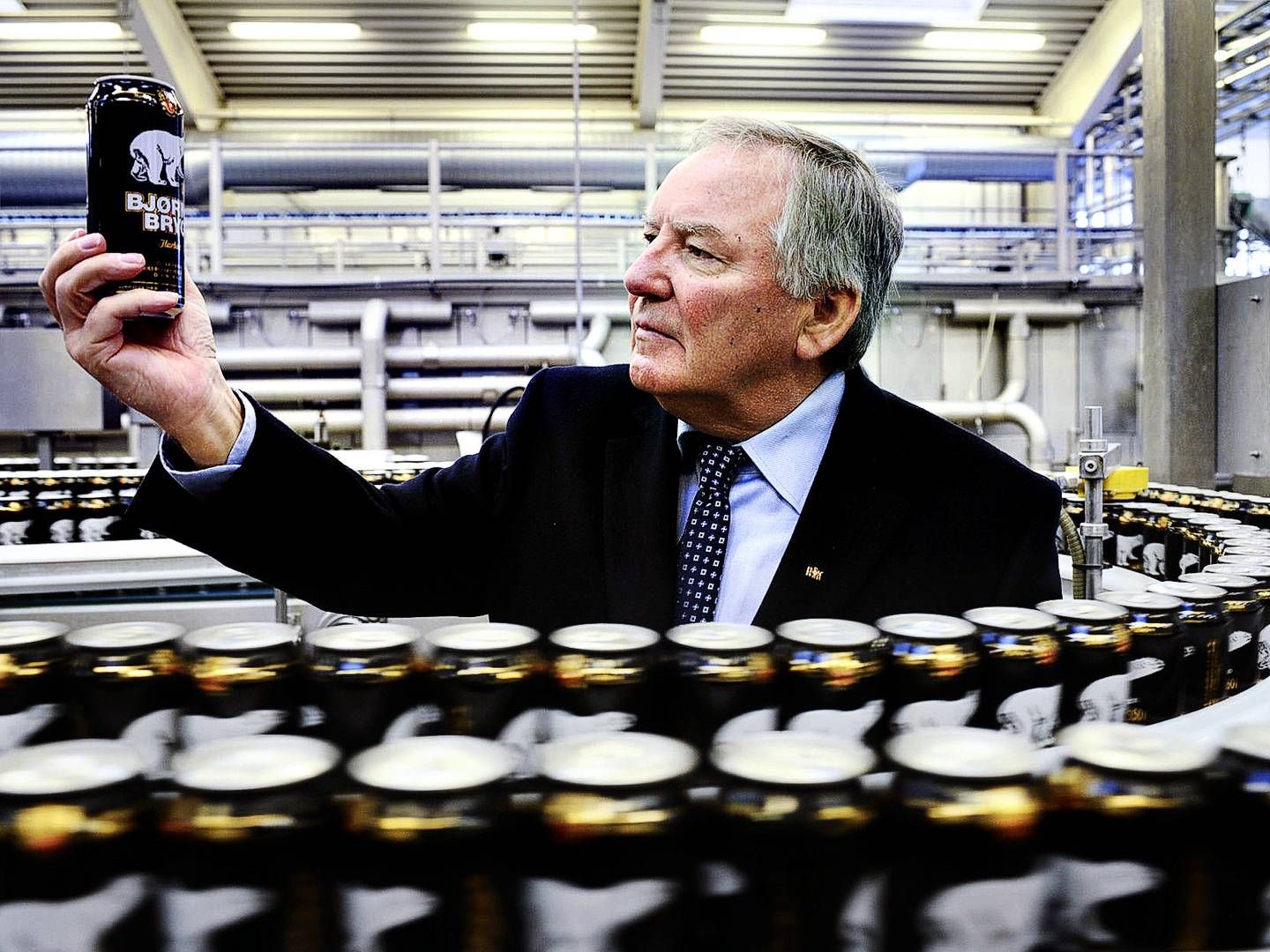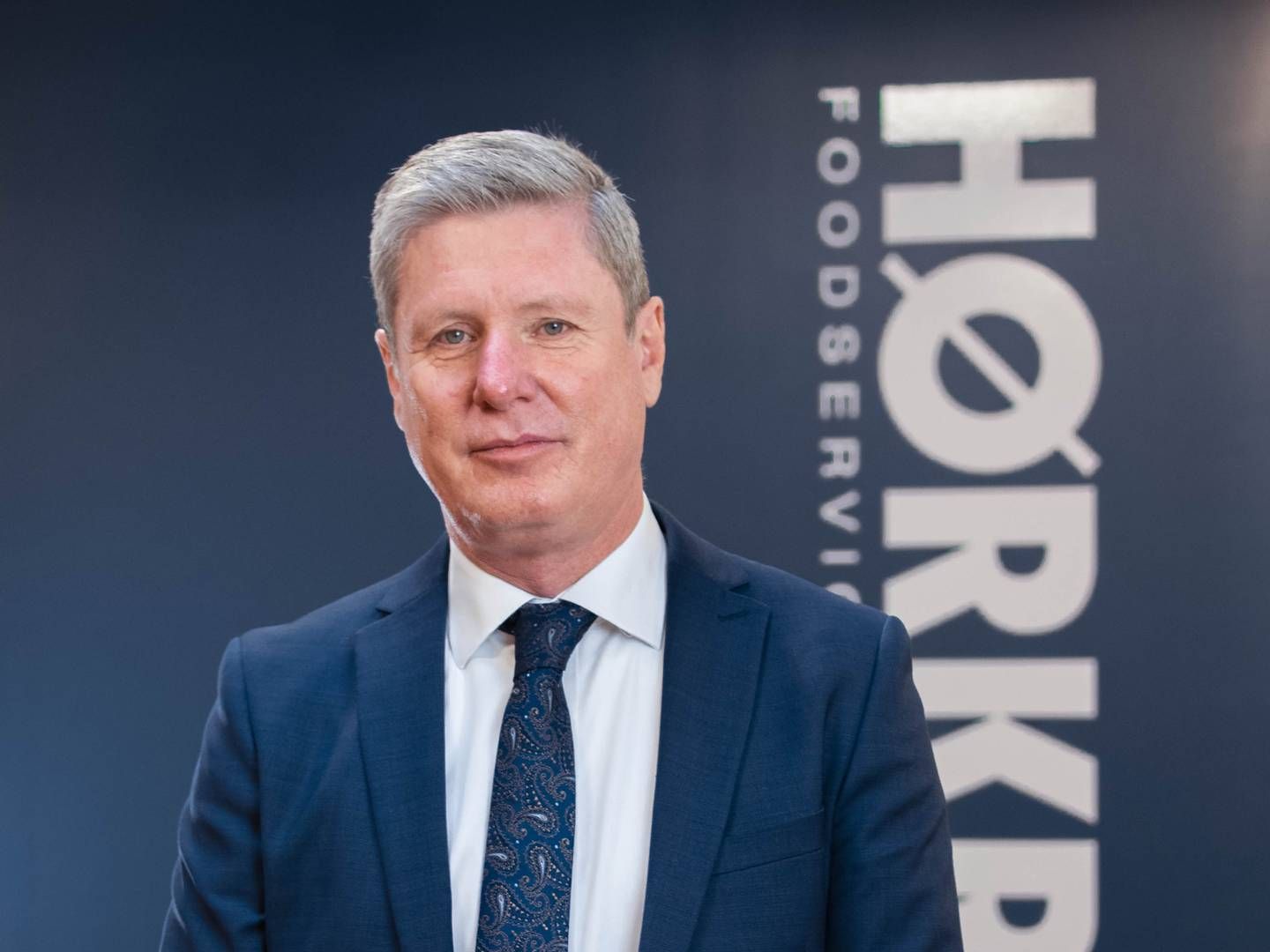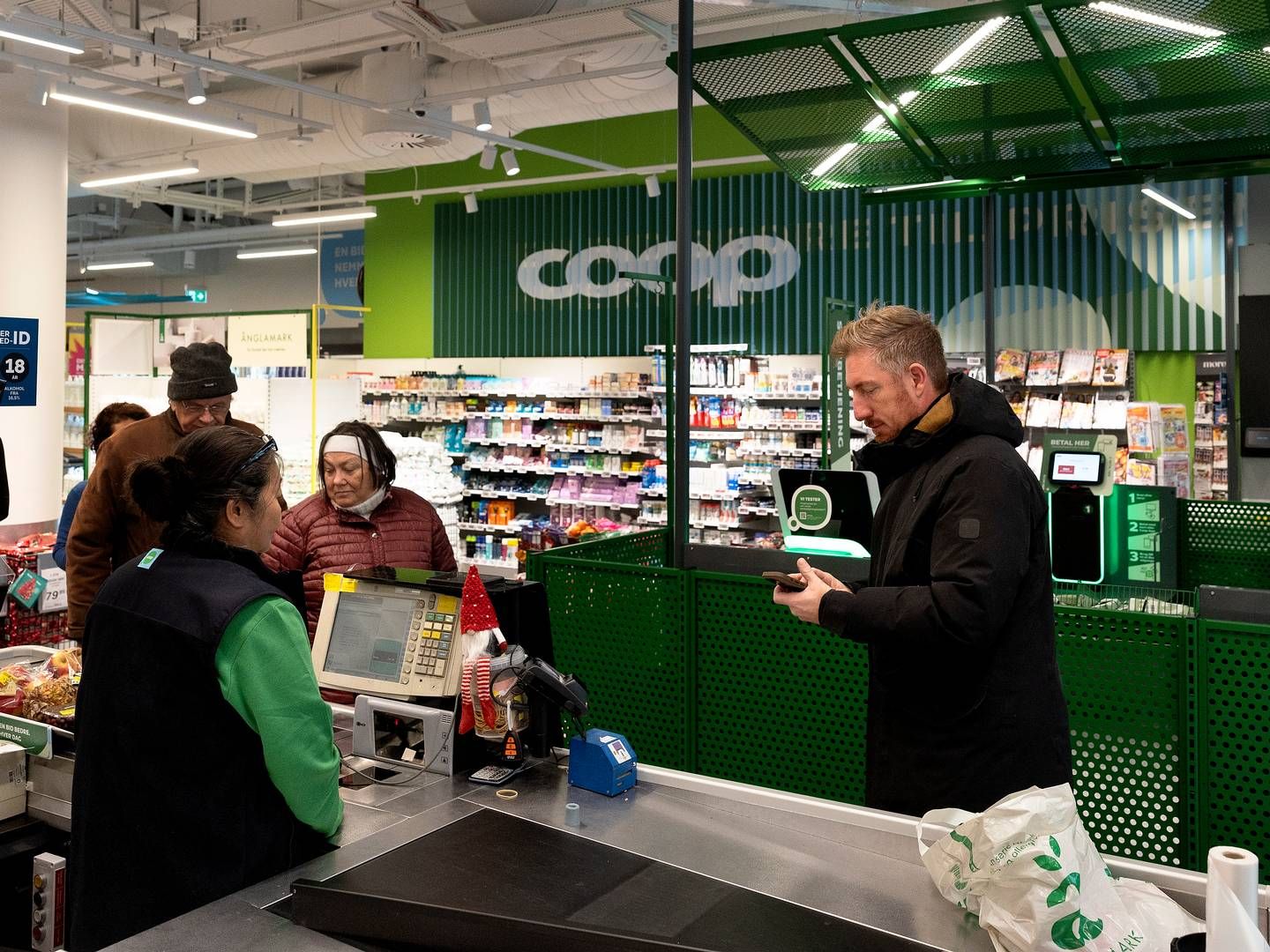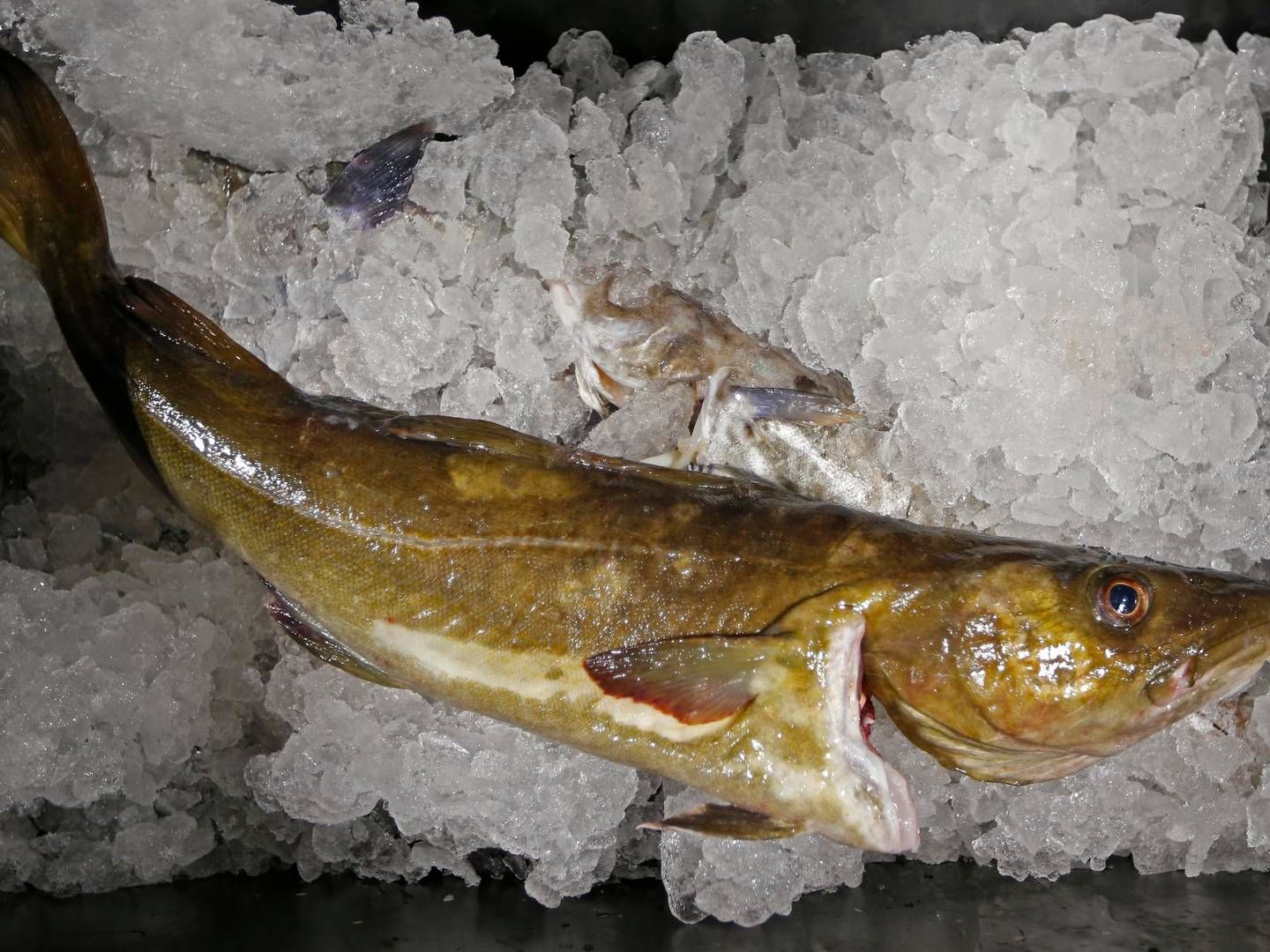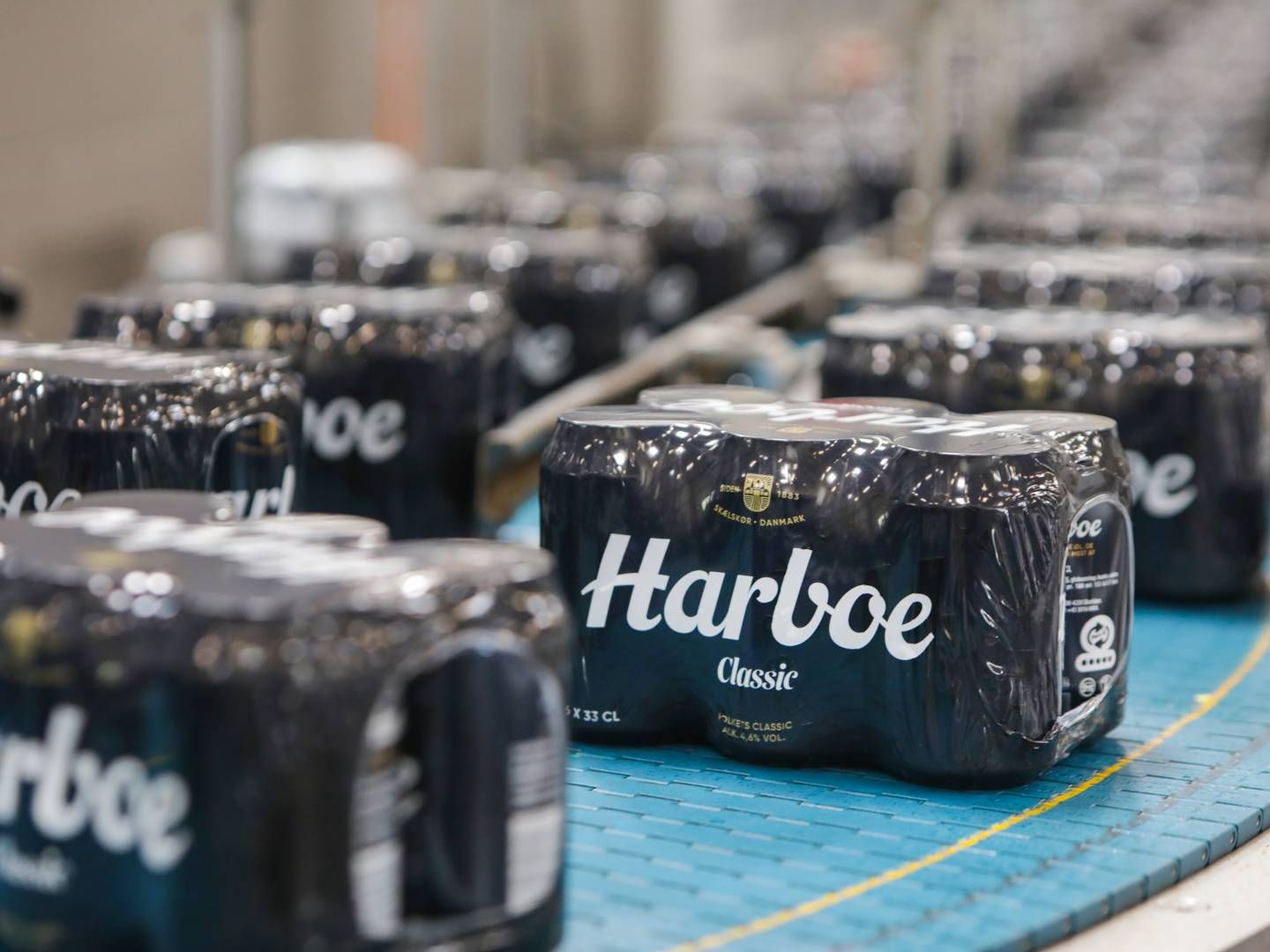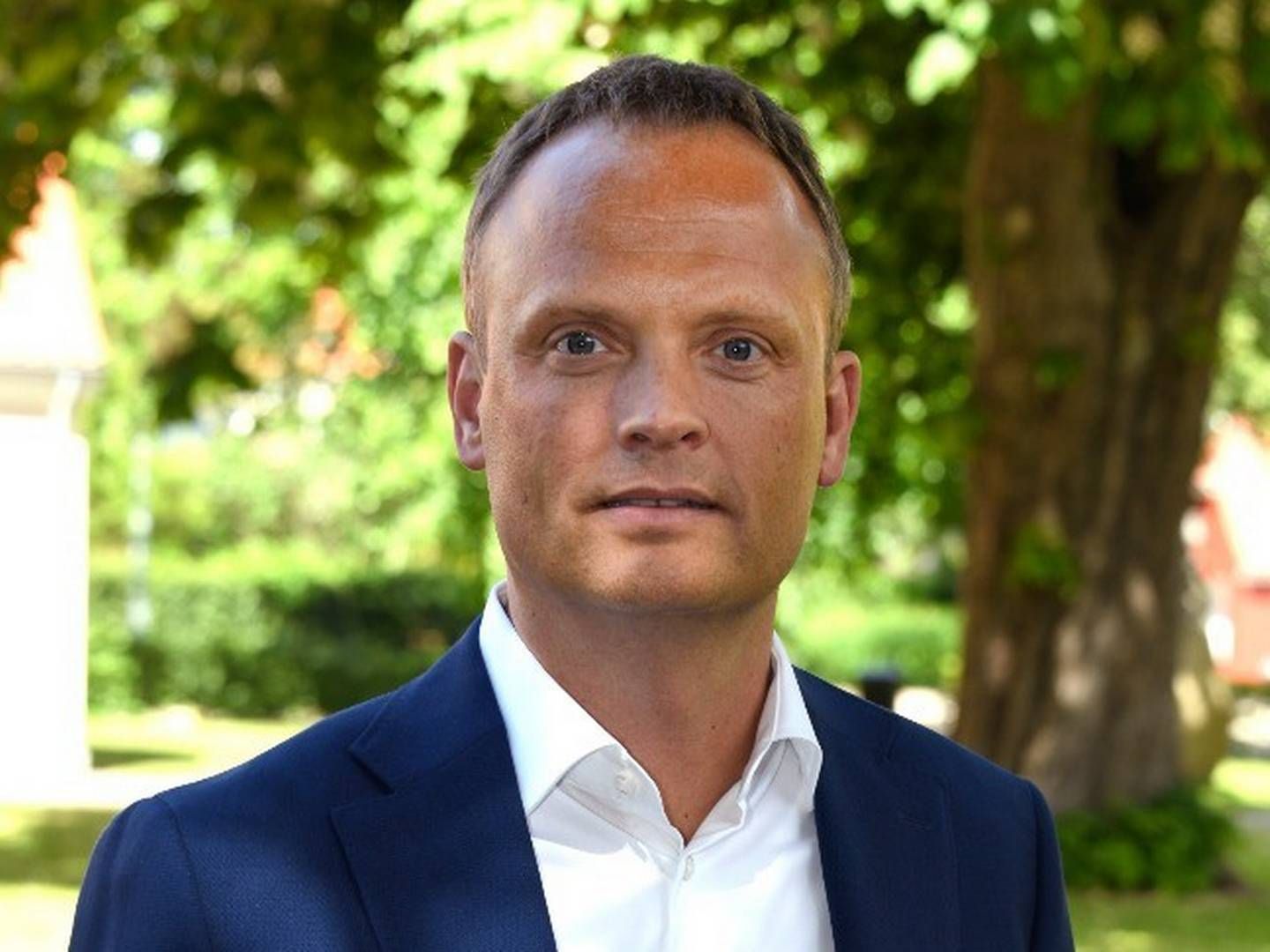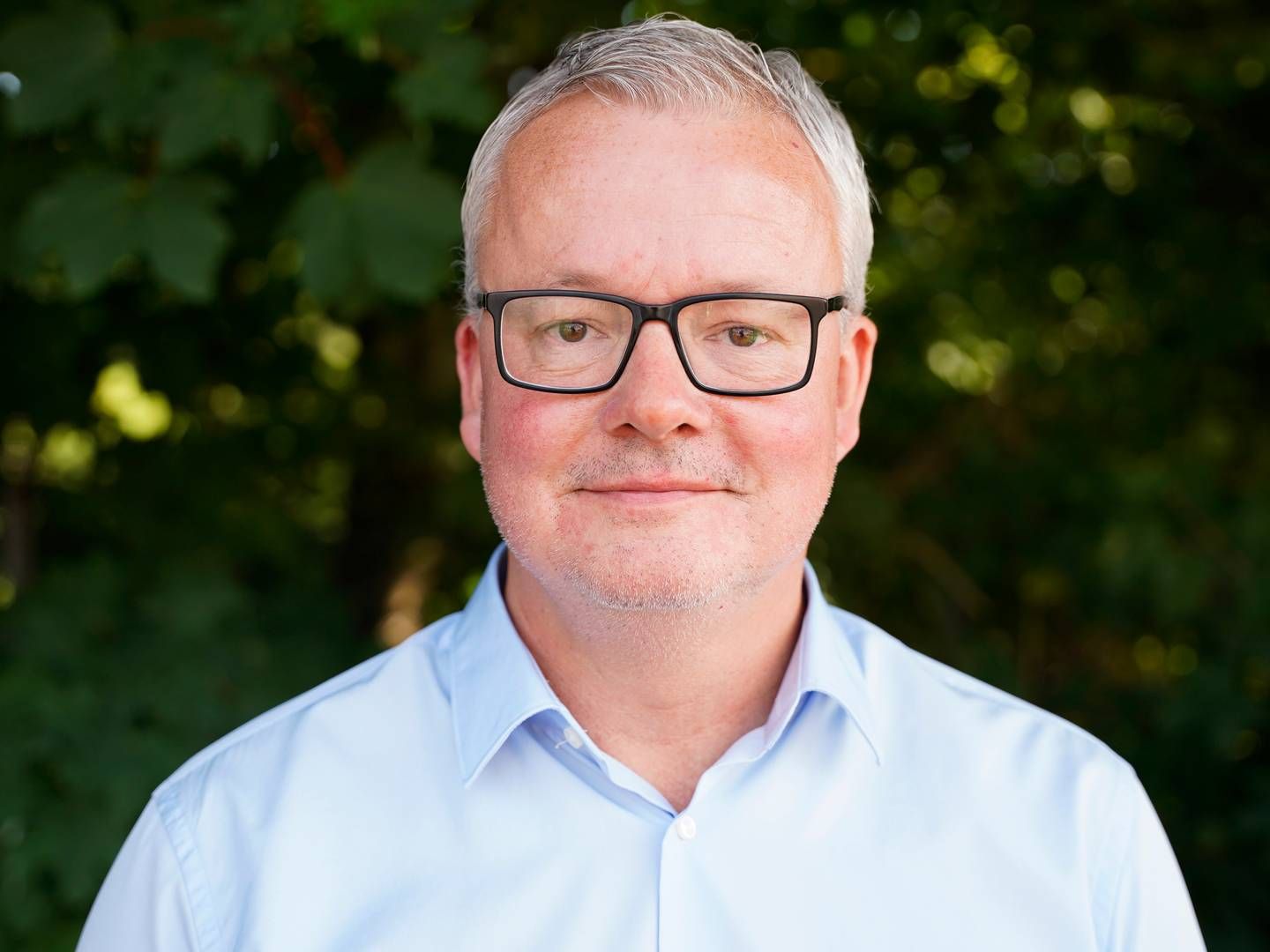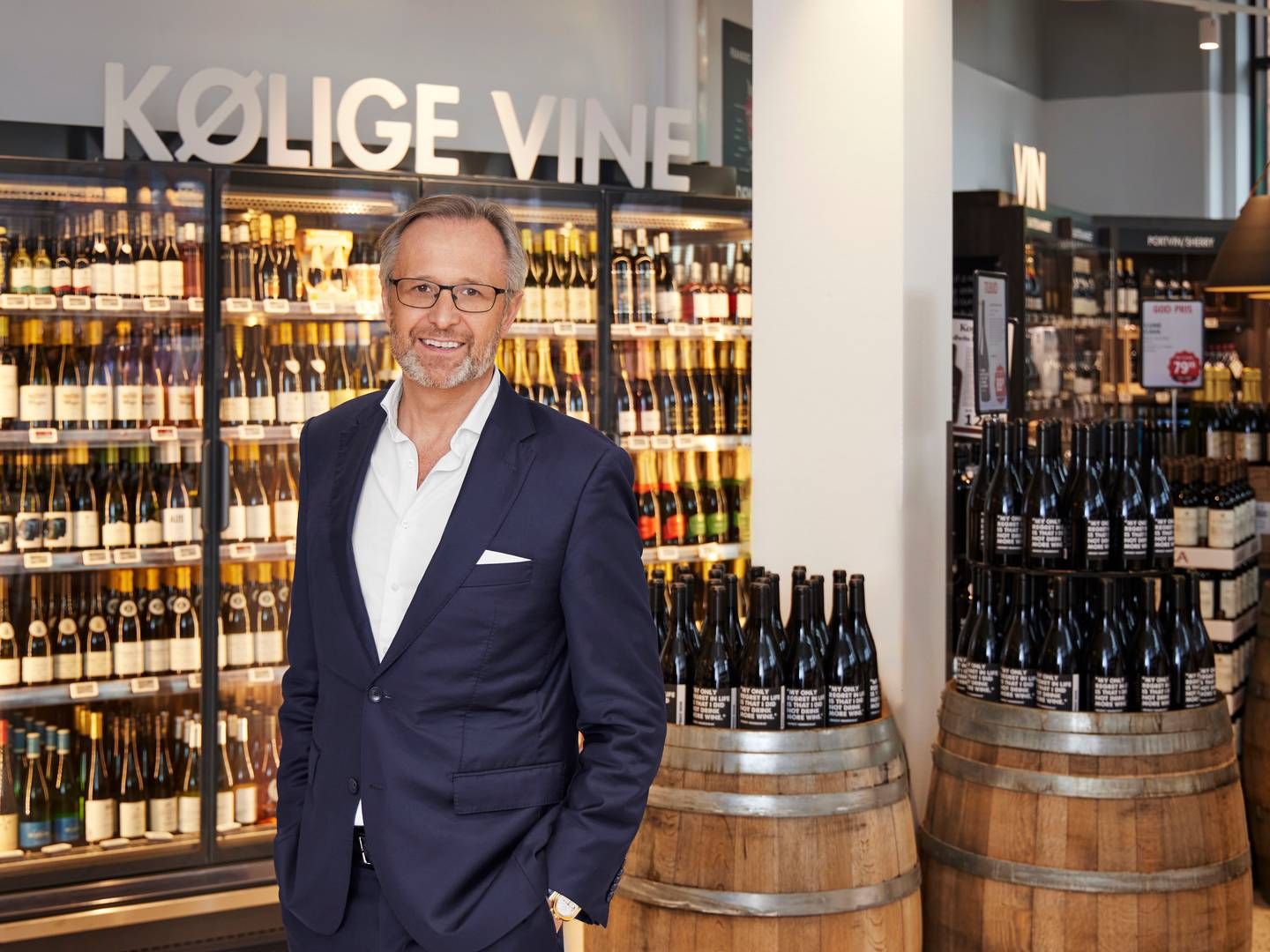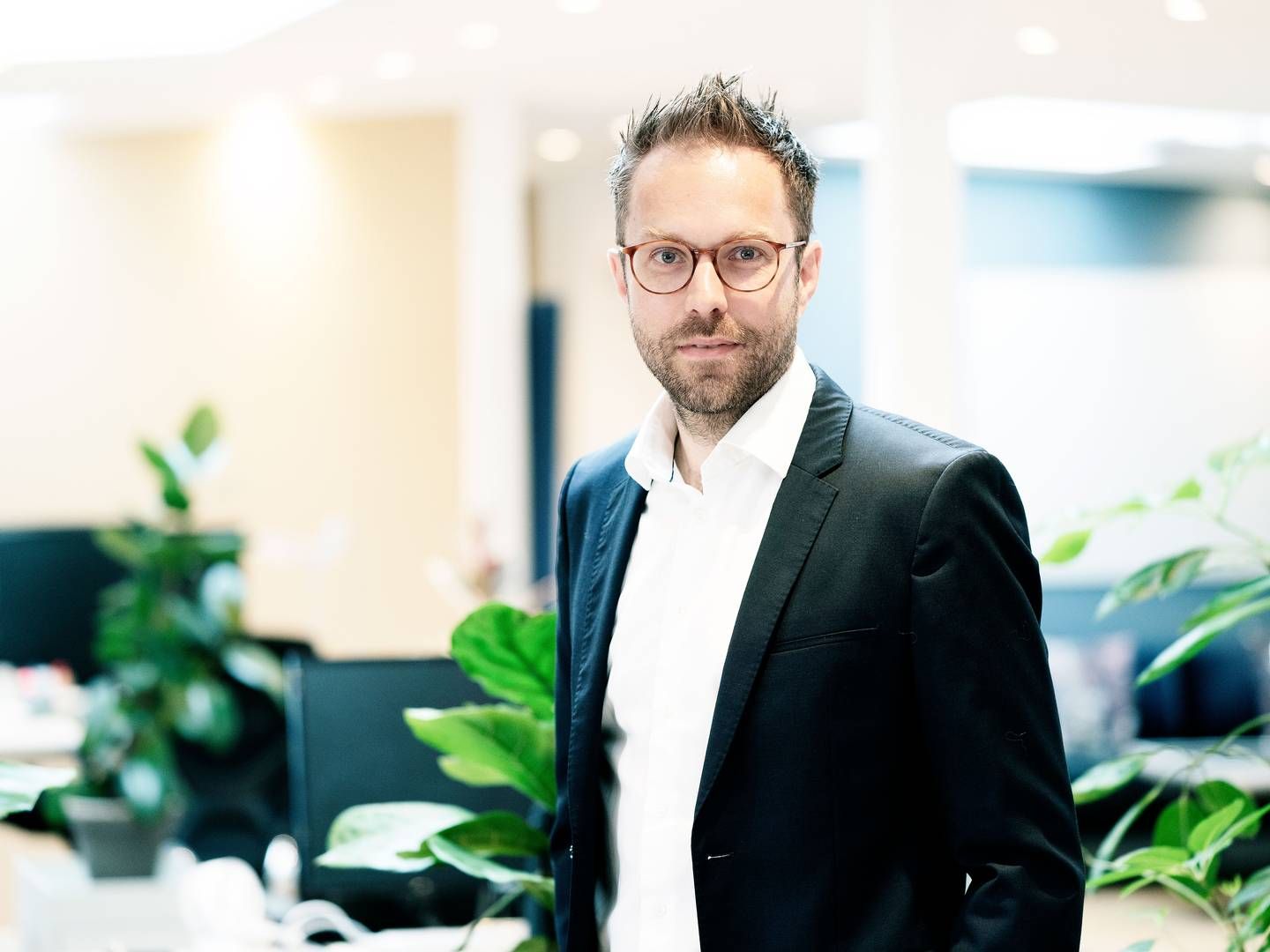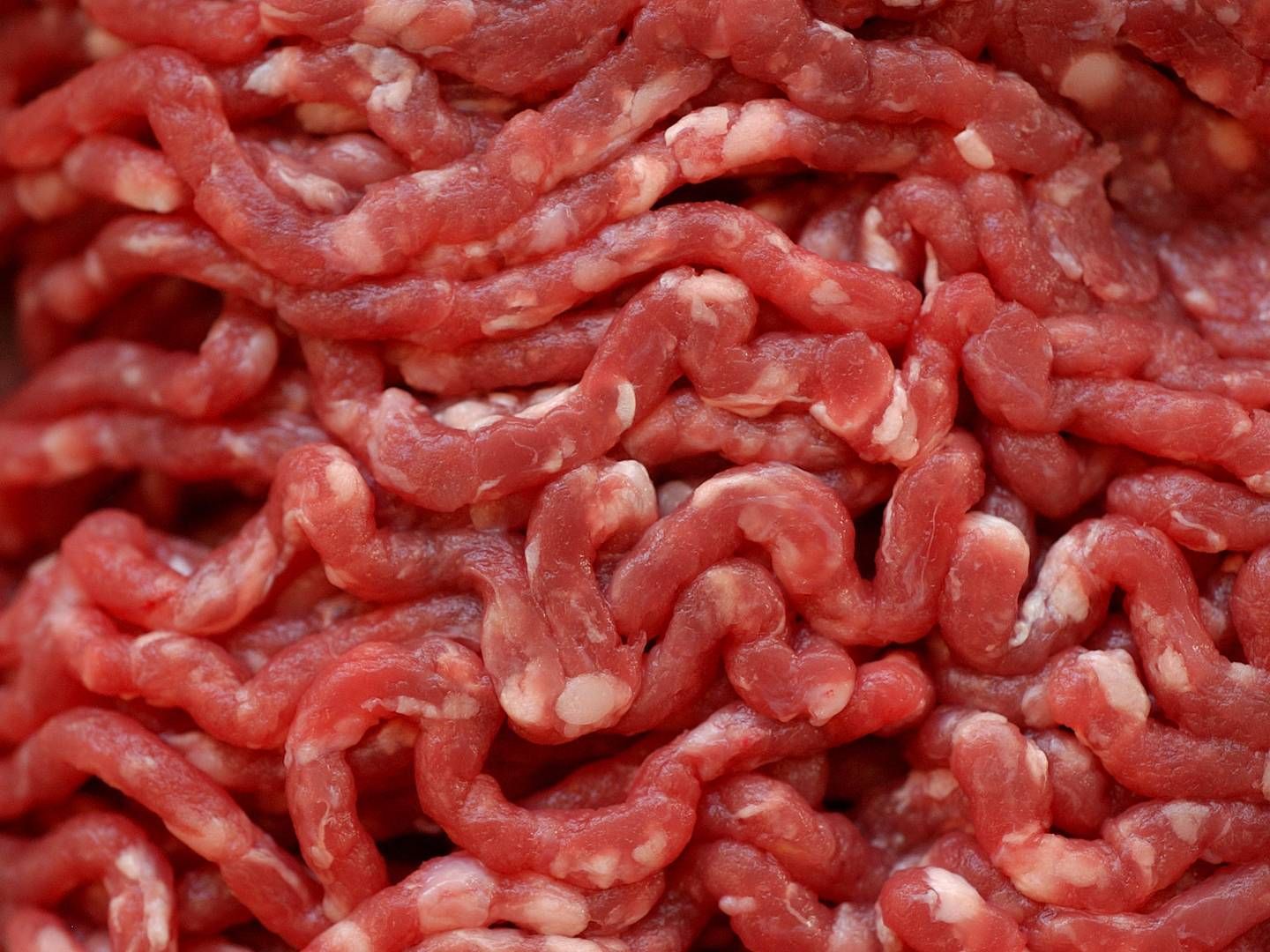Italian consumers return to roots
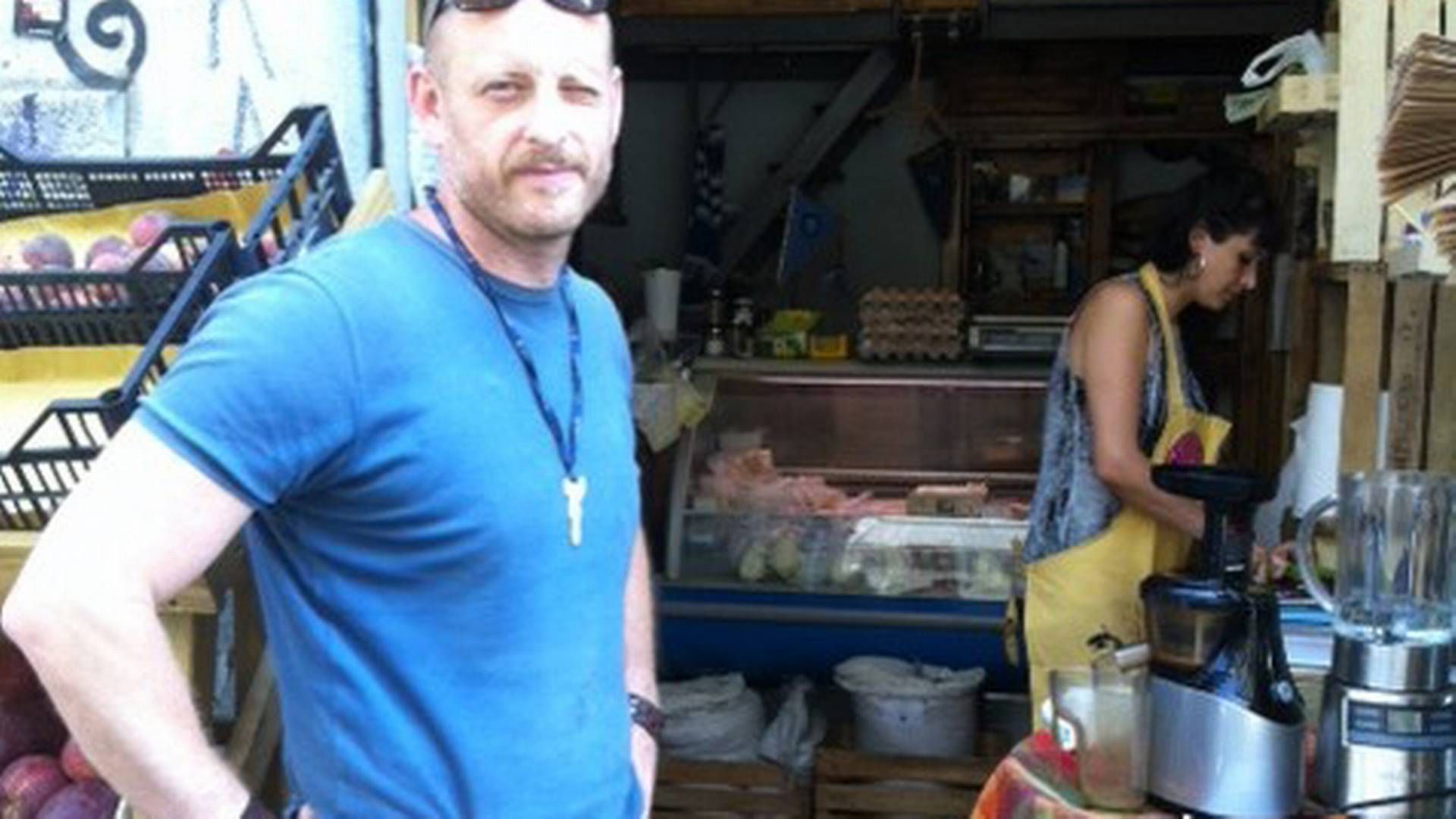
MILAN
The store, measuring seven or eight square meters, is cramped in between general housing buildings in Milan, in streets lined with small shops, local restaurants and dim-lighted bars. Not far from there is another much more glamorous building in an attractive canal area resembling the Copenhagen areas Nyhavn or Christianshavn.
Soul Food is what owner Andrea Patti has called his small food shop. Not all the goods are local, but the vegetables of the season are, and all the products are organic, including the wine, which is imported from Sicily among other places. There are small cheeses, vacuum-packed steaks, fruit and vegetables, pasta, rice, and much more. If he can buy the goods locally, he does so.
“I have met with all the suppliers and ensured that the employees are adequately paid and not like in Southern Italy where employees are often underpaid North Africans,” he tells FødevareWatch, adding that margins are small, but he is trying to cope.
Andrea Patti is part of a small network of just three shops who visit suppliers and buys the products together.
A clear tendency
But he is also part of a bigger network with growing pains - a trend that is rooted in Italy, but has also found its way to Denmark: A revived focus on local commodities and sustainability, explains the head of the Danish Trade Office in Milan, Ole Gustaffson, and his assistant, Christina Lidegaard.
Asked to point to some recent trends in the Italian food sector, they highlight a number of initiatives pointing in that direction.
First off, many Italians go for locally produced goods where transport costs have been kept at a minimum – zero kilometers, as it has come to be known.
“But there is also a massive market such as Salone del gusto. The market is rooted in the zero kilometers idea, just as the food must be sustainable and quality is of the utmost importance,” Gustaffson explains, while Christina Lidegaard tells of a resurging awareness of quality.
The social kitchen
“You gather for meals and it seems like people are finding some new platforms,” she says, pointing to initiatives such as The Social Kitchen. It is an online, live cooking course where participants are given a new recipe every week. They can then follow the chef and ask him or her for tips and advice on how to cook the dish, meaning everyone joins in the cooking process.
“Participants are very keen on uploading pictures of the self-prepared food to their facebook profiles and they have even made a version for children,” she says.
Food & Fashion
Another initiative attesting to the renewed focus on food and sustainability is an organization hosting food events during “Fashion and Design Week” called good food in good fashion/design.
“The aim is to market the products of Lombardy and the zero kilometers concept,” she points out.
Italian entrepreneurs
Two Italians who have dedicated themselves to the zero kilometers concept in a very untraditional way – and for very idealistic reasons – are the siblings Fabio and Barbara Pollini, by trade a software engineer and a designer, respectively. Three years ago, Fabio Pollini decided to establish a website, a concept that “farm shops”, zero kilometer stores, can join and which lets them describe their products and production methods. The sister joined the project later on.
The website lets users search for anyone selling goods such as pasta, meat or rice in the nearby area. No advertising has been done for the site, which currently has about 400 farms connected and 6000 monthly users, the siblings tell Fødevarewatch.
“I came up with the idea because I love good food and found it difficult to find top quality in the supermarket, and I also wanted to help local production,” Fabio Pollini explains. Both siblings point out that it’s difficult for local producers of quality products to make money with the massive price pressure from supermarkets and intermediaries.
“In the last ten years we have also witnessed an increased interest in agro tourism and thus locally produced goods, and other reasons for this tendency are probably stories in the press about food safety and a generally increased consumer awareness of the benefits of supporting locally produced goods,” they say.
New business area
The pair is now ready to take the next step and create a proper food business.
“After having seen a small success with the zero kilometers concept, we considered how to create something different within the food area. So about a year ago, we built a platform for ethically correct breeding of animals,” Barbara Pollini explains.
It basically means the siblings go with a veterinarian to assess and possible approve a number of farms that claim to breed animals in accordance with extraordinarily high ethical standards. They have currently green-lighted about 20 farms, but the ambition is much greater for the area stretching from Rome to the northern part of Italy.
Own brand
The aim is to define a set of rules and develop their own brand, so consumers know exactly what they are buying. They also show how they will develop a label in the form of a QR code that lets consumers use their mobile phones to scan the label and learn the story behind the product they are about to buy.
In this ethical concept, they aim to link up with not just farms, but also local shops such as Andrea Patti’s Soul Food. In fact, his shop has already been included on the site, even before the rules have been finalized, and here consumers can learn where he gets his goods from.
The idea is that consumers in an area can search for stores that deal in local goods produced in accordance with the ethical principles and click on to read the story of the farm behind the food products.
Needs capital
The problem for the siblings is that it costs money to develop this concept, which they would eventually like to take outside of Italy – money they need to pay for farm visits, control, veterinarians, development of the label and salaries. The capital needs slow down the development of the concept, but they do not thwart it completely.
“We haven’t been successful in finding the right path with authorities, but we would like to find investors,” Barbara Pollini points out.
Pride in own production
According to Ole Gustafsson, Italy is a country that is known for its gourmet food and quality conscious consumers, who really care about food safety and organic, locally, produced food:
“They really take pride in the local production of food; if you meet people [from the Danish Town of Hobro], the first thing they talk to you about is not the local food speciality they have in Hobro – but that’s the case here. It can be cheeses, ham, certain dishes and of course wine and olive oil. That’s the fundamental difference in terms of food,” he says.
The question is, if that difference between Danish and Italian gourmet food will remain as fundamental in a time when new initiatives from the likes of Claus Meyer, Løgismose, Madmarkedet, Torvehallerne, and the general retail segment crop up all around the country?
- translated by Martin Havtorn Petersen


